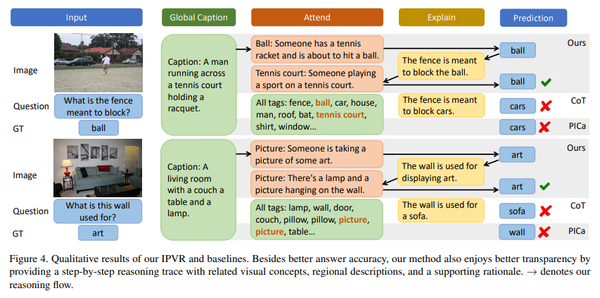Understanding the Relationship Between Home Equity Loans and Second Mortgages: Is an Equity Loan a Second Mortgage?
Guide or Summary:What is a Home Equity Loan?What is a Second Mortgage?The Key DifferencesSimilarities Between Home Equity Loans and Second Mortgages#### Int……
Guide or Summary:
- What is a Home Equity Loan?
- What is a Second Mortgage?
- The Key Differences
- Similarities Between Home Equity Loans and Second Mortgages
#### Introduction
When homeowners seek to tap into the value of their property, they often consider various financing options. Among these, home equity loans and second mortgages are frequently discussed. A common question arises: **is an equity loan a second mortgage?** This article will delve into the definitions, differences, and similarities between these financial products to clarify this important topic.
#### What is a Home Equity Loan?
What is a Home Equity Loan?
A home equity loan allows homeowners to borrow against the equity they have built in their property. Equity is the difference between the current market value of the home and the outstanding balance on the mortgage. Home equity loans typically provide a lump sum payment that is repaid over a fixed term with a fixed interest rate. This makes them an attractive option for homeowners looking to finance large expenses, such as home renovations or debt consolidation.
#### What is a Second Mortgage?

What is a Second Mortgage?
A second mortgage is a loan taken out against a property that already has a primary mortgage. It is secured by the home, just like the first mortgage, but it is subordinate to the primary mortgage. This means that in the event of a foreclosure, the first mortgage lender gets paid off first. Second mortgages can come in various forms, including home equity loans and home equity lines of credit (HELOCs).
#### The Key Differences
The Key Differences
While both home equity loans and second mortgages allow homeowners to borrow against their home’s equity, the term "second mortgage" is broader. A home equity loan is a type of second mortgage, but not all second mortgages are home equity loans. For instance, a HELOC is another form of second mortgage that operates differently. It allows homeowners to borrow against their equity up to a certain limit, similar to a credit card, where they can draw funds as needed.
#### Similarities Between Home Equity Loans and Second Mortgages
Similarities Between Home Equity Loans and Second Mortgages
Both home equity loans and second mortgages share several characteristics:
1. **Secured Loans**: Both are secured by the home, meaning that failure to repay can result in foreclosure.
2. **Equity-Based**: They are based on the equity in the home, allowing homeowners to access cash based on their property’s value.
3. **Interest Rates**: Both typically have lower interest rates compared to unsecured loans because they are secured by collateral.

#### Conclusion
To answer the question, **is an equity loan a second mortgage?** the straightforward answer is yes. A home equity loan is indeed a type of second mortgage. Understanding this relationship can help homeowners make informed decisions when considering borrowing against their home. It's crucial to evaluate financial needs, repayment capabilities, and the potential risks involved in taking out these loans. Consulting with a financial advisor can also provide personalized guidance tailored to individual circumstances.
In summary, whether you choose a home equity loan or another form of second mortgage, it's essential to fully understand the implications of borrowing against your home’s equity. With careful planning and consideration, homeowners can leverage their property to meet financial goals effectively.